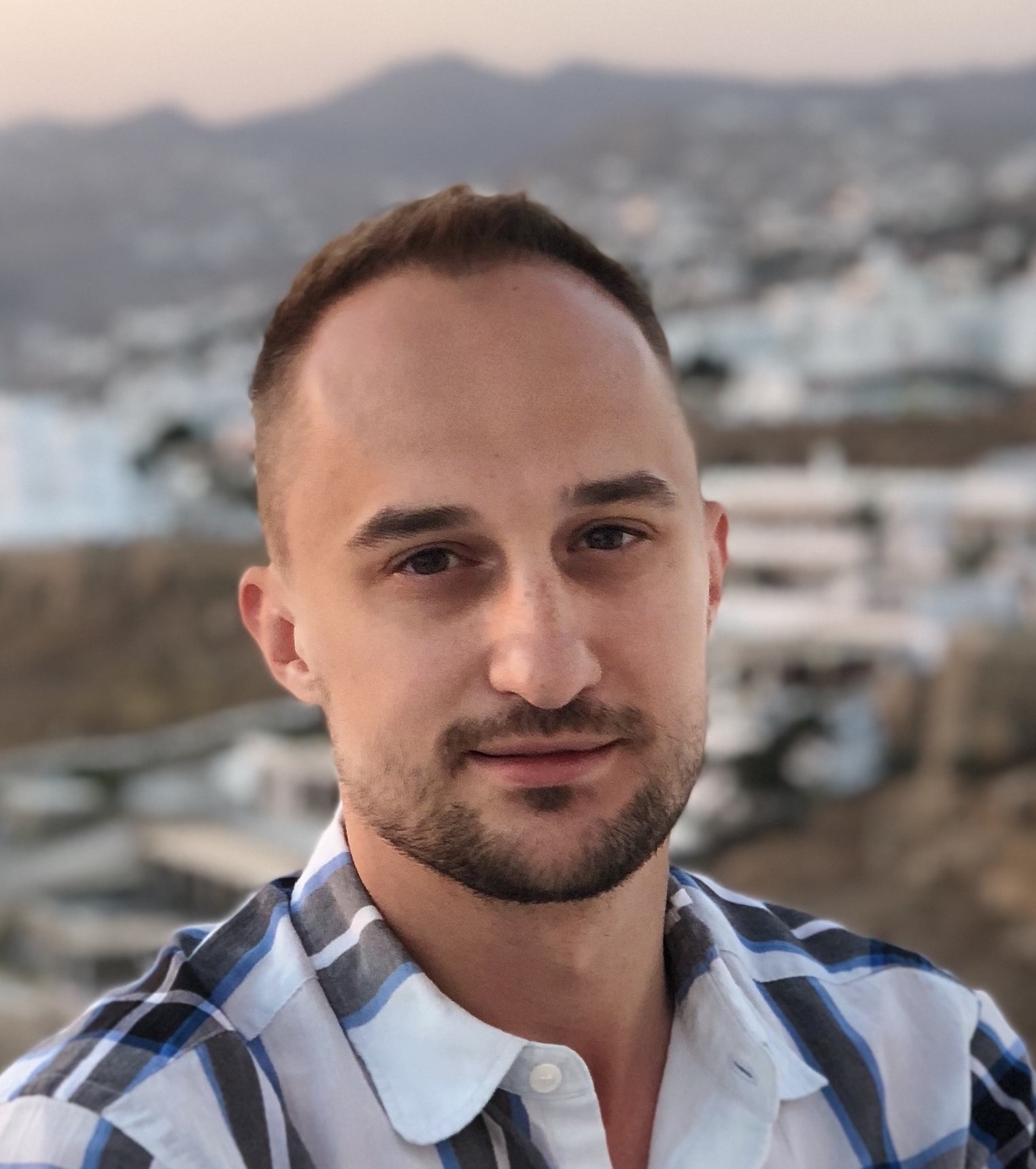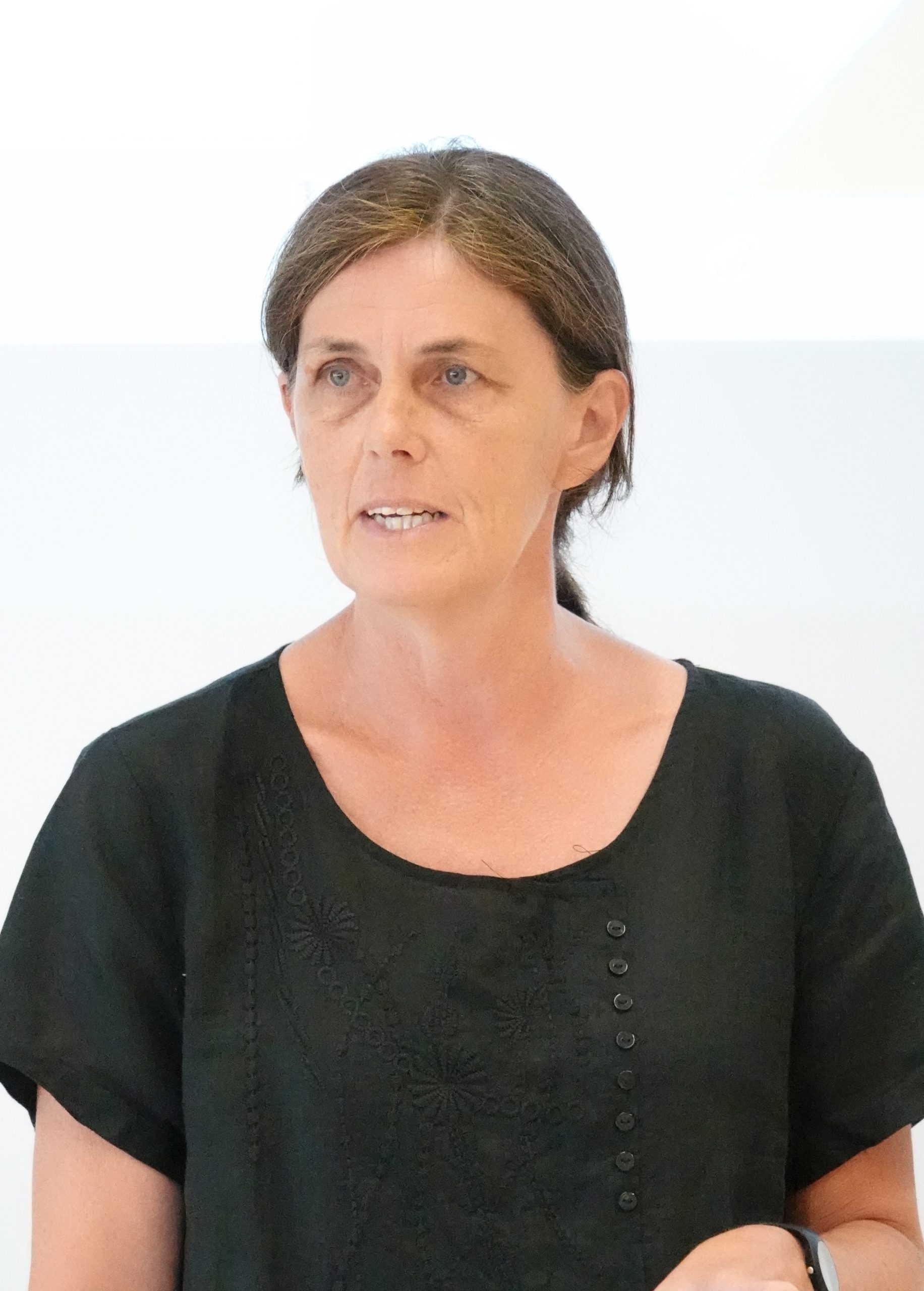Part of the STEMkey consortium
University of Zagreb (UNIZG), founded in 1669, is the oldest and the largest university in SE Europe consisting of 33 faculties and art academies. With over 70,000 students, UNIZG is the strongest teaching and research institution in Croatia.
Faculty of Science (PMF) is one of the largest faculties of the University of Zagreb. It was established in 1946, although teaching started already in 1876. The Faculty includes seven departments, the Seismological Service, the Mareographic and Meteorological stations, and the Botanical garden. Department of Mathematics is the largest department of the faculty and offers undergraduate, graduate and postgraduate study programmes in the fields of mathematics and mathematics education.
Faculty of Science – University Zagreb
At the Faculty of Science, students are prepared to become scientists, engineers and teachers in natural sciences and mathematics. Because the Faculty offers pure and educational studies, its professors are also highly involved in the didactics of these disciplines and are very active participants in the wider educational community. The Faculty collaborates with schools in organizing internships for prospective teachers, and university professors of mathematics didactics are also involved in professional development of STEM teachers across country, collaborating with many different national institutions – Ministry of Education, Education and Teacher Training Agency, National Center for External Evaluation of Education, and other, and participating in various EU projects.
The group of researchers and educators from Department of Mathematics that leads the work of the Croatian team on this project, has previous experience in leading Erasmus+ projects in secondary mathematics education: MERIA and TIME. In these projects the focus was on inquiry-based learning and teaching of mathematics which sets students in an active role and supports development of mathematical competencies as well as various transferable skills. Inquiry-based approach encourages students to work autonomously (without explicit direction from the teacher) which leads to improvement of problem solving and presentation skills, development of self-confidence and responsibility for their own actions. These projects emphasize the importance of situations that are meaningful to students, but also the collaboration of teachers in designing innovative teaching materials as the most efficient way of professional development.


The leading participants are Matija Bašić and Željka Milin Šipuš (on the pictures).
STEMkey project as an opportunity to join the ICSE network
Faculty of Science participates in various European projects and the experience from each of them is irreplaceable in the development of the international culture, innovation and research. Our previous collaboration with the Freudenthal Institute has led to this joint initiative led by ICSE. Project STEMkey provides a very important opportunity for us to join the ICSE network and to learn and share experiences with new partners. The collaboration is particularly valuable because of its interdisciplinary character, which enables all the partners to gain perspective at their fields from experts in other disciplines, as well as learning new ways of applying knowledge and transferring it to students in different and more efficient ways. In addition, this project supports internal collaboration of university experts in education from various departments of the Faculty: biology, physics and mathematics.
Collaboration
The collaboration in the project has inspired us to think about new ways of teaching, while at the same time solidifying and disseminating didactical ideas that the team has developed and used for years. We appreciate the open and inspiring communication, different perspective that the various partners bring to the project and every joint meeting.
Future prospects
We are looking forward to exploring new ways of teaching and to see the results of interdisciplinary development based on ‘brainstorming’ and experience from many different countries. New and motivating network of collaborators, both at home and internationally, will certainly provide support for more projects and joint workshops.
It is exciting that this, and similar projects we have led, have a true impact on the teachers because they result in concrete materials and workshops that stand out in the world of teacher professional development. We are also grateful to have had virtual coffee breaks when we could not meet in person and Elena’s activities made everybody get to know each other better on a personal level!
